Podcast: Play in new window
Subscribe: Apple Podcasts | RSS | More
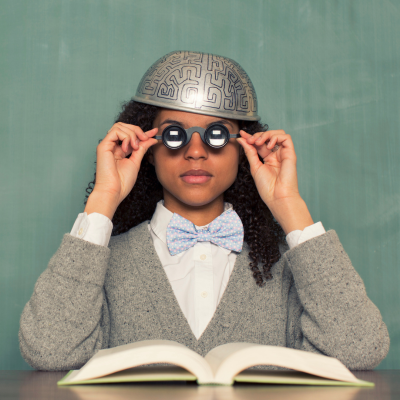
Our minds help us understand, learn, and express ourselves. But not everyone thinks the same way! In this episode of The Children’s Hour, we explore different kinds of minds, including neurodivergent thinkers, emotional intelligence, and artificial intelligence.
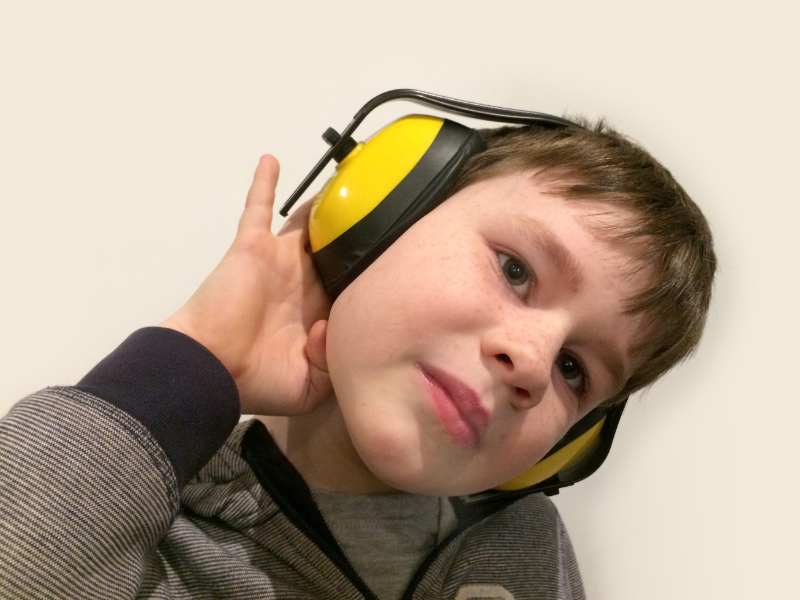
Carl is a kid just like any other—except his brain works a little differently. He’s the main character in Carl the Collector, a PBS Kids show that features an autistic child at its center. Carl is great at remembering facts about his collections and birthdays, but sometimes he struggles to understand emotions and social situations.
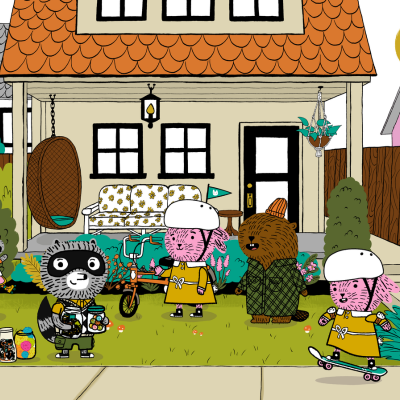
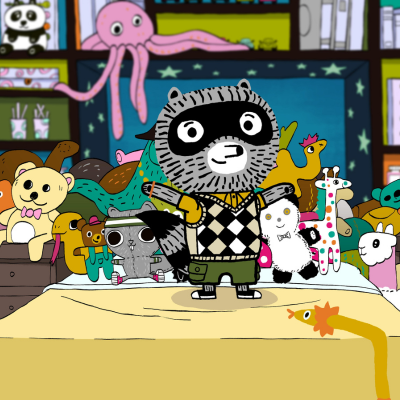
The show’s creator and Executive Producer, Zachariah O’Hora and director Lisa Whittick, join us to share why it’s important for kids to see neurodivergent characters in media. They explain how they worked closely with autistic writers and artists to make Carl and his friend Lotta, another autistic character, feel authentic. Lotta experiences autism differently than Carl—she wears headphones to block loud noises and sometimes sees colors in music, a condition called synesthesia. By showing different autistic experiences, Carl the Collector helps all kids better understand and appreciate neurodiversity.
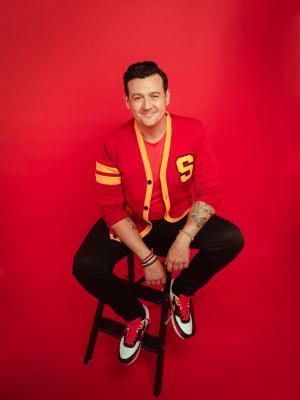
Emotions can be hard to manage, but music can help! Former Wiggles star Sam Moran joins us to talk about his album All the Feels, which helps kids understand their emotions through song. After the COVID-19 pandemic, many children struggled with anxiety and big feelings.
Sam, who has experienced depression himself, wanted to create songs that could help kids name their emotions and feel less alone. His album includes songs about joy, sadness, nervousness, and more. He reminds us that emotional intelligence—the ability to understand and manage emotions—is like a muscle that gets stronger with practice.
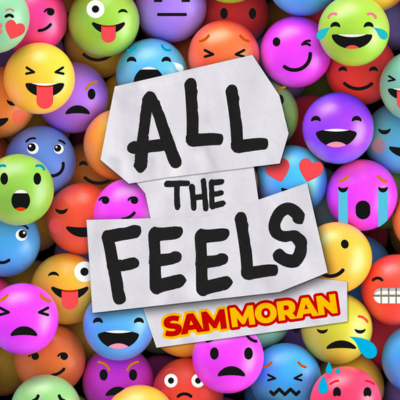
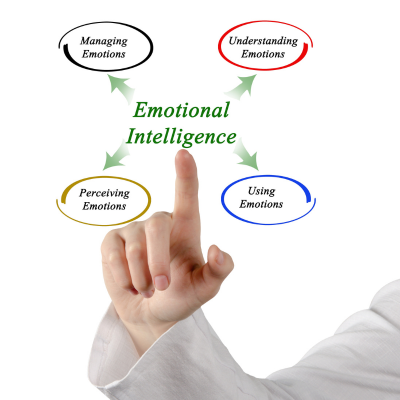
AI, or artificial intelligence, is everywhere—when we use Alexa, get YouTube recommendations, or even check our spelling in a document. But how does it really work, and what does it mean for our future? Dr. Martin Spinelli joins us to explain AI and how it’s already affecting our daily lives.
He shares his work in training AI to be kinder and more empathetic, and we discuss the challenges of AI-generated content, misinformation, and ethics. Should AI be used in schools? What happens when AI gets things wrong? We explore the big questions about this powerful technology.

There are many different kinds of minds, and each one sees the world in its own way. Some people are great at recognizing patterns, while others excel at reading emotions or coming up with creative ideas. By learning about neurodiversity, emotional intelligence, and artificial intelligence, we gain a deeper understanding of how people think and process information. This episode encourages kids to embrace differences, ask questions, and appreciate the many ways minds work. No matter how our brains function, we all have something unique to offer the world.
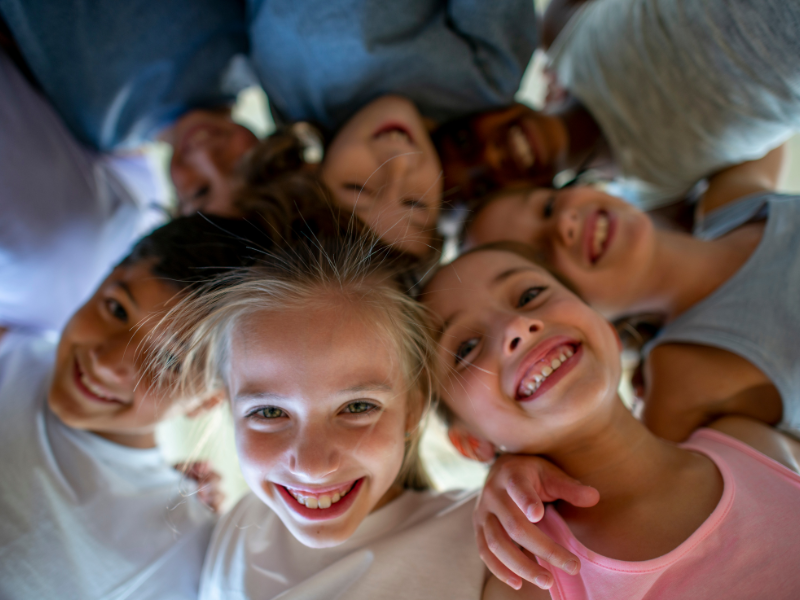
The Children’s Hour is produced by The Children’s Hour Inc., a New Mexico-based nonprofit. This episode was written and produced by Katie Stone, with production help from Christina Stella, Sarah Gabrielli, Jacqui Fulton and our intern Thaniel. Our theme music was composed by C.K. Barlow.
The Children’s Hour is distributed by Native Voice One, The Native American Radio Network.
© 2025 The Children’s Hour Inc. All Rights Reserved.
Please note: not all songs we play can be found in Spotify.
Playlist: Many Kinds of Minds
| title | artist | album |
|---|---|---|
| Monkey See Monkey Do | Wookiefoot | Be Fearless and Play |
| Magic of Your Mind | Jessie Baylin | Strawberry Wind (Deluxe Edition) |
| Bein Different | Karen K and the Jitterbugs | Blue Bike Chronicles |
| Every One Of Us Belongs (feat. Raffi) | Lindsay Munroe | I Am Kind |
| Love Me for Who I Am | Brady Rymer and the Little Band That Could | Love Me for Who I Am |
| You Don't Have to Smile If You Don't Want To | The Tallest Kid in the Room | You Don't Have to Smile If You Don't Want To |
| Biddy Bom (feat. Qai Qai) [Anxious] | Sam Moran | All The Feels |
| Sunny Day (Hope) | Sam Moran | All The Feels |
| Como Te Sientes (feat. Lucy Kalantari) | The Wise Channel | All The Feels |
| Short Attention Span | Formidable Vegetable | In Real Life - EP |
| Another Screen (feat. Irvine Welsh) | Kormac | Superhero - Single |
| Unplug and Play | Nathalia | Mil Colores |
Thank you Sponsors











